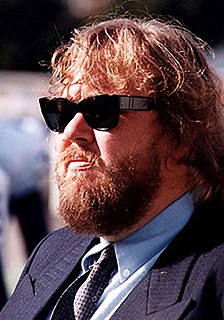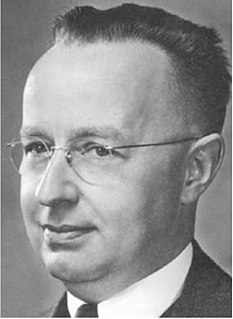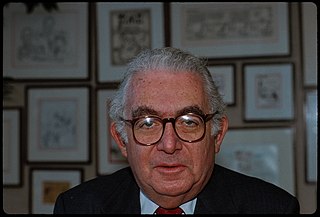A Quote by Randall Dale Adams
Related Quotes
What I learned from my work as a physician is that even with the most complicated patients, the most complicated problems, you've got to look hard to find every piece of data and evidence that you can to improve your decision-making. Medicine has taught me to be very much evidence-based and data-driven in making decisions.
In my view, our approach to global warming exemplifies everything that is wrong with our approach to the environment. We are basing our decisions on speculation, not evidence. Proponents are pressing their views with more PR than scientific data. Indeed, we have allowed the whole issue to be politicized-red vs blue, Republican vs Democrat. This is in my view absurd. Data aren't political. Data are data. Politics leads you in the direction of a belief. Data, if you follow them, lead you to truth.
Data isn't information. ... Information, unlike data, is useful. While there's a gulf between data and information, there's a wide ocean between information and knowledge. What turns the gears in our brains isn't information, but ideas, inventions, and inspiration. Knowledge-not information-implies understanding. And beyond knowledge lies what we should be seeking: wisdom.
Scientific data are not taken for museum purposes; they are taken as a basis for doing something. If nothing is to be done with the data, then there is no use in collecting any. The ultimate purpose of taking data is to provide a basis for action or a recommendation for action. The step intermediate between the collection of data and the action is prediction.
I destroy because for me everything that proceeds from reason is untrustworthy. I believe only in the evidence of what stirs my marrow, not in the evidence of what addresses itself to my reason. I have found levels in the realm of the nerve. I now feel capable of evaluating the evidence. There is for me an evidence in the realm of pure flesh which has nothing to do with the evidence of reason. The eternal conflict between reason and the heart is decided in my very flesh, but in my flesh irrigated by nerves.
Evidence-based reasoning underpins all scientific thinking, and it involves testing hypotheses or theories against data. Validating a theory requires replicable measurements from independent groups with different equipment and methods of analysis. Convergence of evidence is critical to the acceptance of a scientific idea.
We get more data about people than any other data company gets about people, about anything - and it's not even close. We're looking at what you know, what you don't know, how you learn best. The big difference between us and other big data companies is that we're not ever marketing your data to a third party for any reason.

































